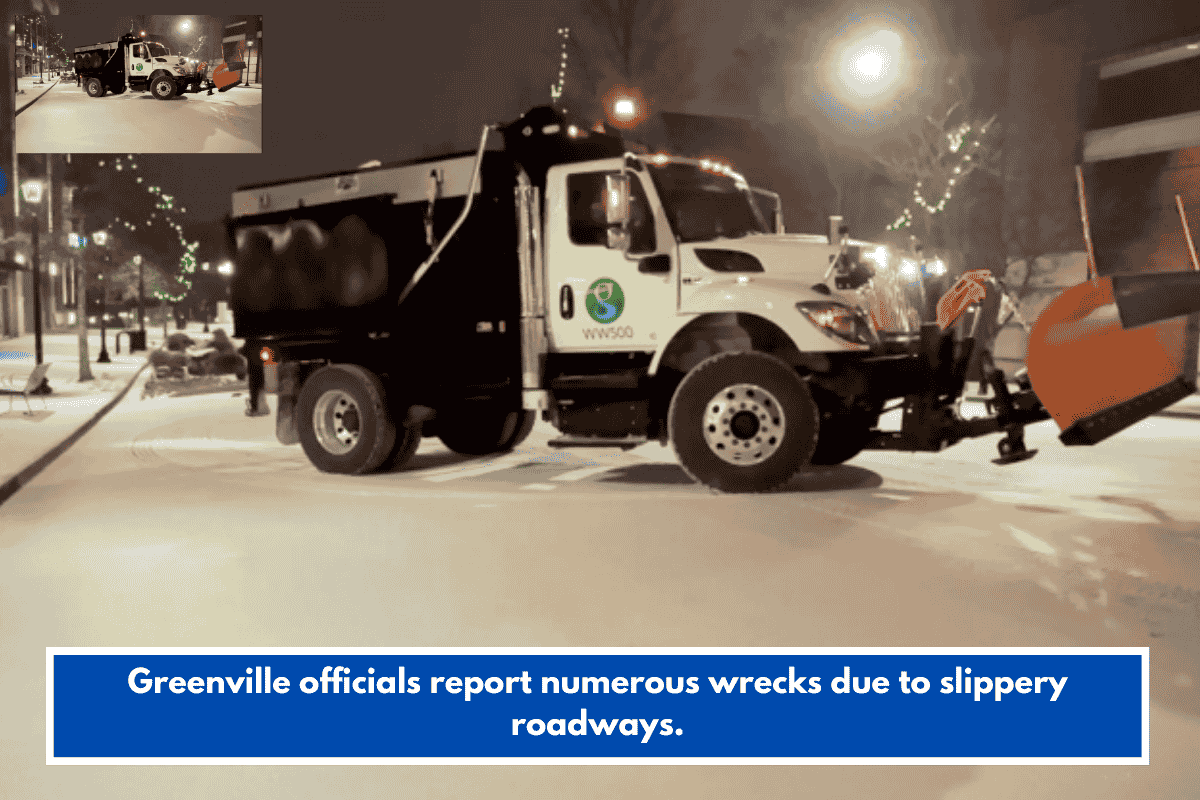If you’re stopped by the police in Delaware, you might wonder whether they can search your phone. The issue of whether law enforcement can search your phone during a traffic stop is important to understand, especially when it comes to protecting your privacy. In Delaware, as in many other states, the rules around phone searches are governed by both state law and constitutional rights.
Can Delaware Police Search Your Phone Without a Warrant?
Under the Fourth Amendment of the U.S. Constitution, you have the right to be free from unreasonable searches and seizures. Generally, law enforcement needs a warrant to search your phone, including data like texts, emails, and photos, unless certain conditions apply.
The Riley v. California Case (2014)
In Riley v. California (2014), the U.S. Supreme Court ruled that police cannot search a cell phone without a warrant, even if they have arrested the individual. This ruling is crucial because it set a national precedent that cell phones contain sensitive, private information, and their contents are protected under the Fourth Amendment. In short, Delaware police cannot search your phone during a traffic stop unless they have a warrant or you provide consent.
When Can Delaware Police Search Your Phone?
There are a few circumstances where Delaware police might be allowed to search your phone without a warrant:
Consent: If you give police explicit consent to search your phone, they can do so without a warrant. However, you have the right to refuse. Police cannot force you to allow the search, and refusing to allow a search of your phone cannot be used against you in court.
Search Incident to Arrest: If you are arrested, police may have the ability to search your phone without a warrant in specific situations, such as if they believe the phone contains evidence directly related to the crime for which you are being arrested. However, Riley v. California limits this, emphasizing that police generally need a warrant to search a phone even after an arrest.
Exigent Circumstances: In rare cases, if there are exigent circumstances—such as an immediate threat to public safety or the potential destruction of evidence—police might be able to search your phone without a warrant. For example, if they believe your phone has information that could prevent harm or save lives (such as finding a kidnapped person), they may act without needing a warrant.
What Happens if Delaware Police Search Your Phone Without a Warrant?
If Delaware police search your phone without a warrant and there is no valid legal reason to do so, any evidence they find may be inadmissible in court. This is based on the exclusionary rule, which prevents illegally obtained evidence from being used against you.
How to Protect Your Privacy During a Traffic Stop in Delaware
While you have the right to refuse a phone search, it’s important to remain calm and respectful if you are asked to unlock your phone. Here are some tips to protect your privacy:
Know Your Rights: You have the right to refuse consent if police ask to search your phone. You can politely say, “I do not consent to a search of my phone.”
Stay Calm: If police ask to search your phone, remain respectful. Refusing consent is your right, but it’s important to avoid escalating the situation.
Avoid Unlocking Your Phone: If police ask you to unlock your phone, you are not required to unlock it unless they have a warrant. In some states, the police may not compel you to provide your password, although the law can vary.
Be Aware of Potential Warrants: If police have a warrant for your phone, they are allowed to search it. You can ask to see the warrant, and if it’s legitimate, they can proceed with the search.
In Delaware, as a general rule, police cannot search your phone during a traffic stop unless they have your consent, a warrant, or exigent circumstances. The U.S. Supreme Court’s ruling in Riley v. California emphasizes that police must have a warrant to search your phone in most situations, ensuring your privacy rights are protected. If you’re stopped, it’s always a good idea to know your rights and handle the situation calmly.
SOURCES
[1] https://realrights.bakermckenzie.com/en/pages/wilmington-delaware
[2] https://law.justia.com/codes/delaware/title-11/chapter-5/subchapter-vii/section-1431/
[3] https://delcode.delaware.gov/title11/c005/sc07/
[4] https://regulations.delaware.gov/register/june2025/proposed/28%20DE%20Reg%20861%2006-01-25.htm
[5] https://www.delawarepublic.org/national-headlines/npr-headlines/2018-06-22/in-major-privacy-win-supreme-court-rules-police-need-warrant-to-track-your-cellphone














